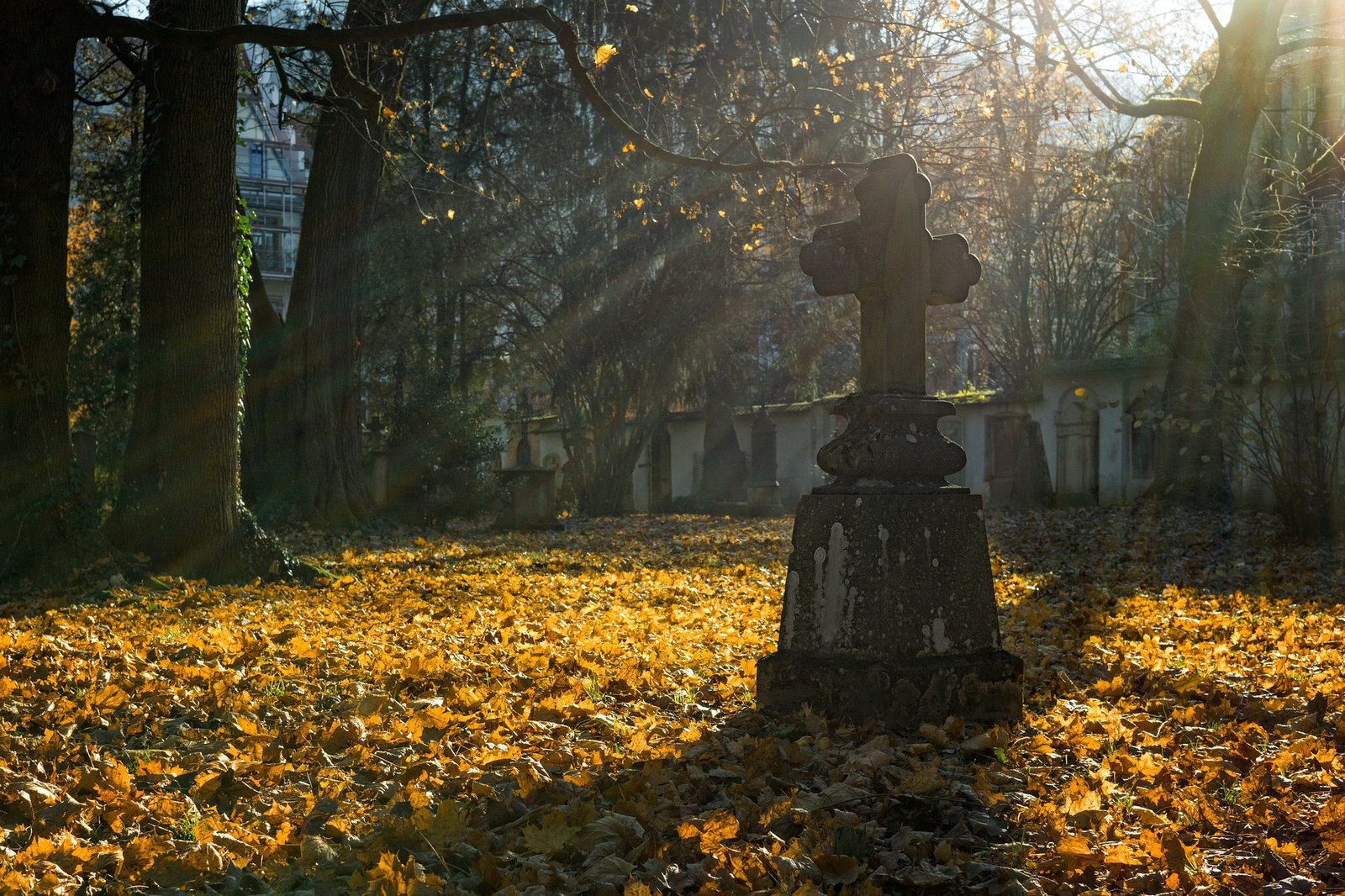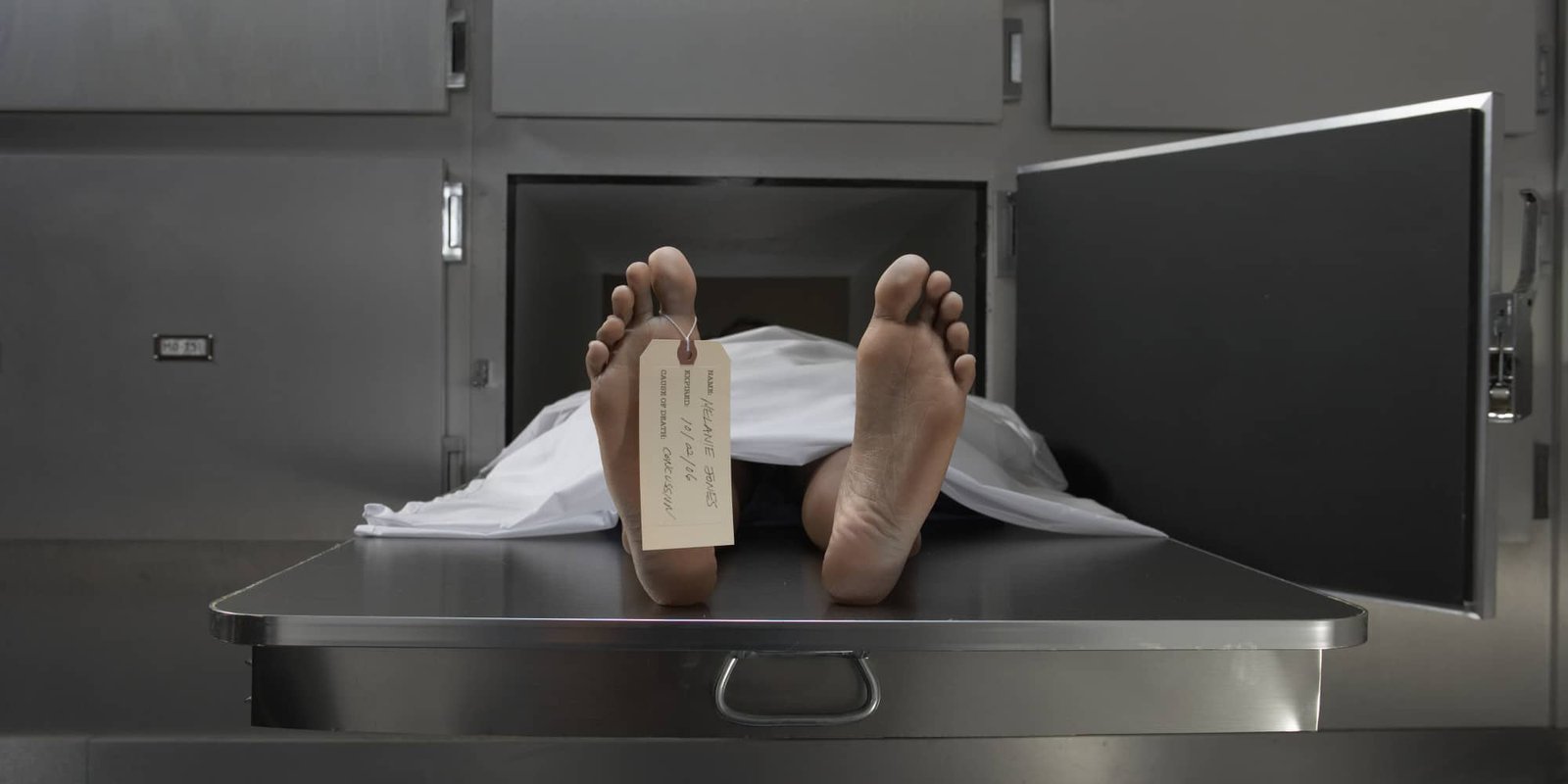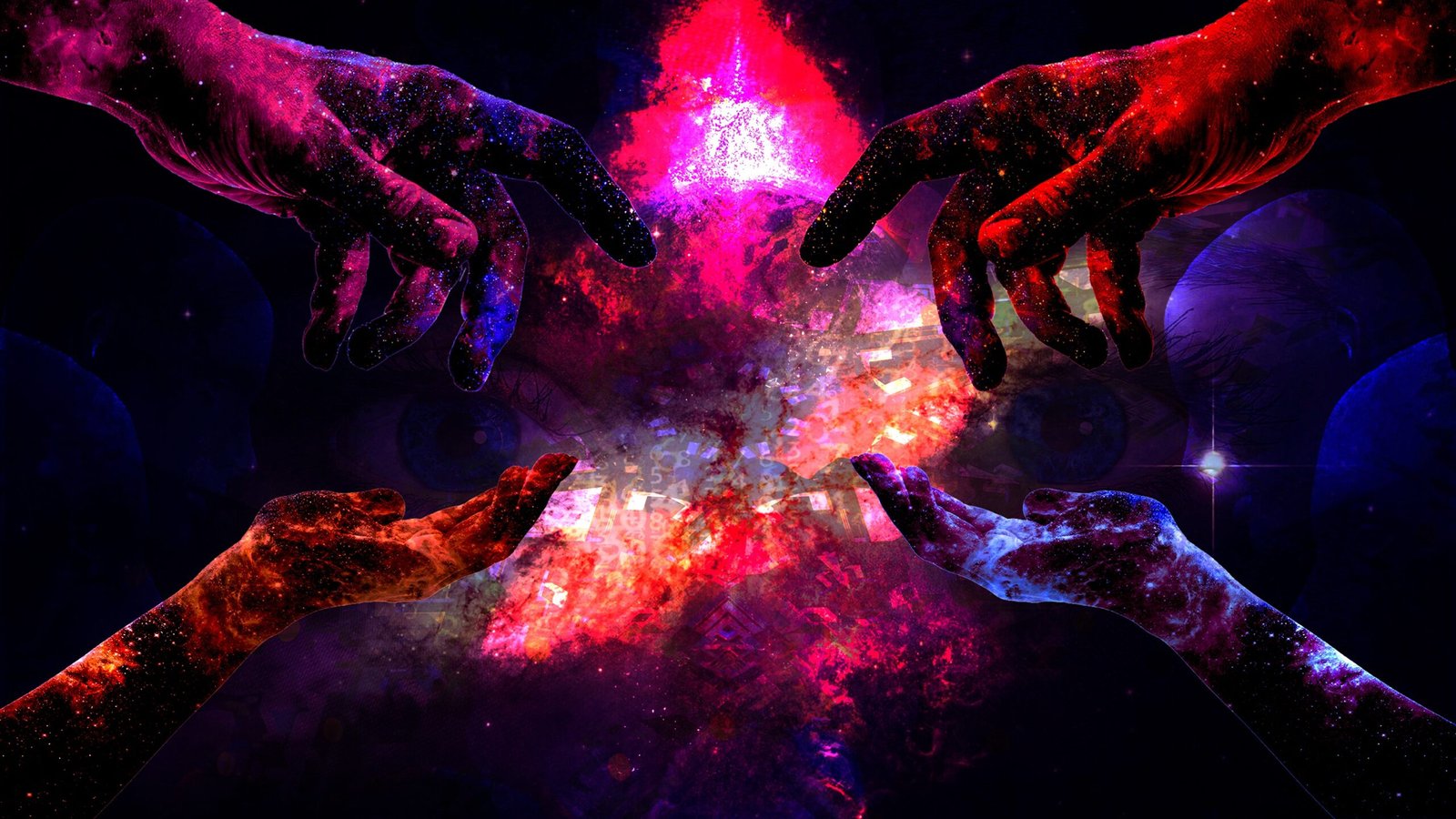A new study has found that atheists and very religious people have something in common – they are among those least afraid of dying.
According to a new study, those least likely to fear the end of life are atheists and the hyper-religious, or fundamentalists. Fundamentalists interpret scripture as literal, without metaphor, while atheists view an afterlife as less-than-plausible, usually.
So those without a fear of dying are similar on this factor, but different in other fundamental ways. The least and most religious, or the atheists and fundamentalists, were the least afraid of dying. The fear of dying has been termed “death anxiety.”
Researchers examined the issue with non-believers and believers – of various creeds. Based on the research, those that believed in a formal faith for the “social and emotional benefits” turned out to be the most afraid of death.

While those with motivation from “true belief” were the least fearful of dying, the atheists of the research grouping appeared to find a certain “comfort in death” and were not scared of it. Those unafraid of death did not seek religion.
Death anxiety, as the “persistent fear of one’s own demise,” is associated with high religiosity and irreligiosity. The higher levels of death anxiety were found in those who look for the “pragmatic conditions.”
“‘Meta-analyses are statistical procedures used to extract and combine the findings of multiple studies,’ explained Dr Jonathan Jong, a research associate at the Institute of Cognitive and Evolutionary Anthropology and Research Fellow at Coventry University.”
18% of self-identified religious individuals were afraid of the end of life. Experts from the University of Oxford researched the issue. It was in collaboration with a number of other universities such as Oxford, Coventry, Royal Holloway, Gordon College, Melbourne University and Otago University.

“The meta-analysis showed that while people who were intrinsically religious enjoyed lower levels of death anxiety, those who were extrinsically religious revealed higher levels of death anxiety.”
To reach their results, Jong and his team used 100 relevant articles that were published between 1961 and 2014 with information about 26,000 people worldwide.
The effects on death anxiety were found in similar things such as “belief in God, and an afterlife, or religious behaviour like going to church, and praying.” There are other studies that made a distinction between intrinsic and extrinsic religiosity.
“Extrinsic religiosity is when religious behaviour is motivated by pragmatic considerations such as the social or emotional benefits of following a religion, whereas intrinsic religiosity refers to religious behaviour driven by ‘true belief’.”
Atheists – Dying out?
One controversial study claimed that atheism might be on its death throes, or “on the verge of dying out.” Half of the research found that fear of death and religiosity had no link. Now, the relationship between death anxiety and level of religiosity was found to be a non-fixed or a dynamic quantity. Different from context to context.
Malaysian and United States researchers found religious groups have a tendency to preach against contraceptive use. In turn, atheists have fewer children than the religious.
In Malaysia, Muslim families had an average of 5.89 children and 4.29 in the US. The second most fertile parents in Malaysia were Hindus with 4.01 children – but this was a small sample of only five students.” Malaysian atheists had 3.67 children.
There appears to be a mixed picture for the association between religiosity and death anxiety. The studies were conducted throughout the world. So the finding of the patterns from religion to religion or culture to culture is hard.
Rather than assuming that religiosity is either positively or negatively related to death anxiety, some researchers have posited that the relationship is like an upside-down U shape, with religious believers and disbelievers showing less death anxiety than people in between.
The University of Helsinki study found that religious people have a poorer understanding of the world. People who believe in God are more likely to think inanimate objects such as metal and oil can think and feel.
“Researchers say that the findings suggest people’s lack of understanding about the physical world means they apply their own rules, ‘resulting in belief in demons, gods, and other supernatural phenomena’.”
The research participants were asked about their belief in an “an all-powerful, all-knowing, loving God,” ghosts, and psychic powers. They were then tested on their comprehension of basic biology and on their intuitive physics.
Religious people act on instinct rather than analytic skills the tests found out, more often than not. “Out of the 100 studies, the team only found 11 studies that were robust enough to test this idea; however, of these, almost all (10) formed this pattern.”








Article Discussion